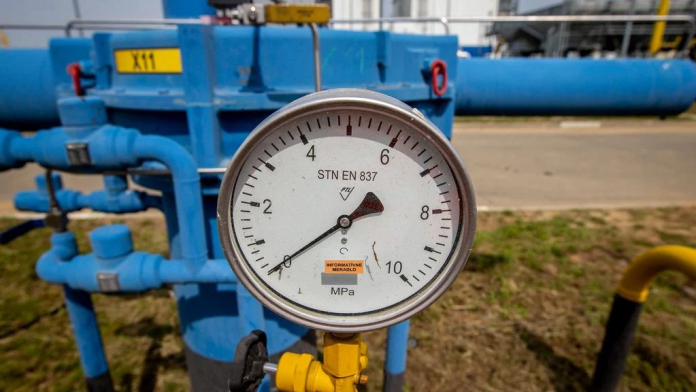Germany unilaterally lowered its gas storage targets for the 2025/26 winter, reducing mandatory filling levels from 90% to 80% for critical facilities and 45% for less crucial sites, in a bid to curb market speculation and align with evolving EU flexibility measures, Euractiv reported.
The move, announced on 30 April 2025, underscores Berlin’s urgency to address economic and logistical challenges despite ongoing EU negotiations to revise bloc-wide rules.
Under the new ordinance, four southern German pore storage facilities—vital for Austria and Switzerland’s supply security—must meet the 80% target by 1 November, while six others, including Rehden (Germany’s largest reservoir), face a reduced 45% threshold.
This adjustment aims to lower summer price spikes caused by aggressive stockpiling under previous EU mandates, which traders deemed uneconomical due to inverted seasonal price spreads.
Germany’s Economy Ministry emphasised the shift toward “market-oriented” storage management, abandoning state-subsidised injections via Trading Hub Europe to avoid consumer cost hikes. The decision follows criticism that rigid 2022-era rules, introduced during the energy crisis, artificially inflated prices and strained traders.
The EU’s 2022 Gas Storage Regulation initially mandated 90% fullness by November to mitigate reliance on Russian gas, a target achieved despite supply disruptions. However, with the regulation set to expire in 2025, the bloc is debating more flexible targets. The European Parliament proposes an 83% threshold with leeway, while member states push for a 10-percentage-point buffer.
Germany’s pre-emptive move highlights growing friction between national and EU agendas. While Berlin claims coordination with Brussels, its unilateral action risks fragmenting regional solidarity.
The EU Commission, meanwhile, is exploring post-2025 mechanisms to ensure storage adequacy, acknowledging current rules’ shortcomings in incentivising summer injections amid adverse market conditions.
As the EU grapples with dwindling storage levels, Berlin’s pivot underscores the need for adaptive frameworks that reconcile national priorities with collective resilience.
